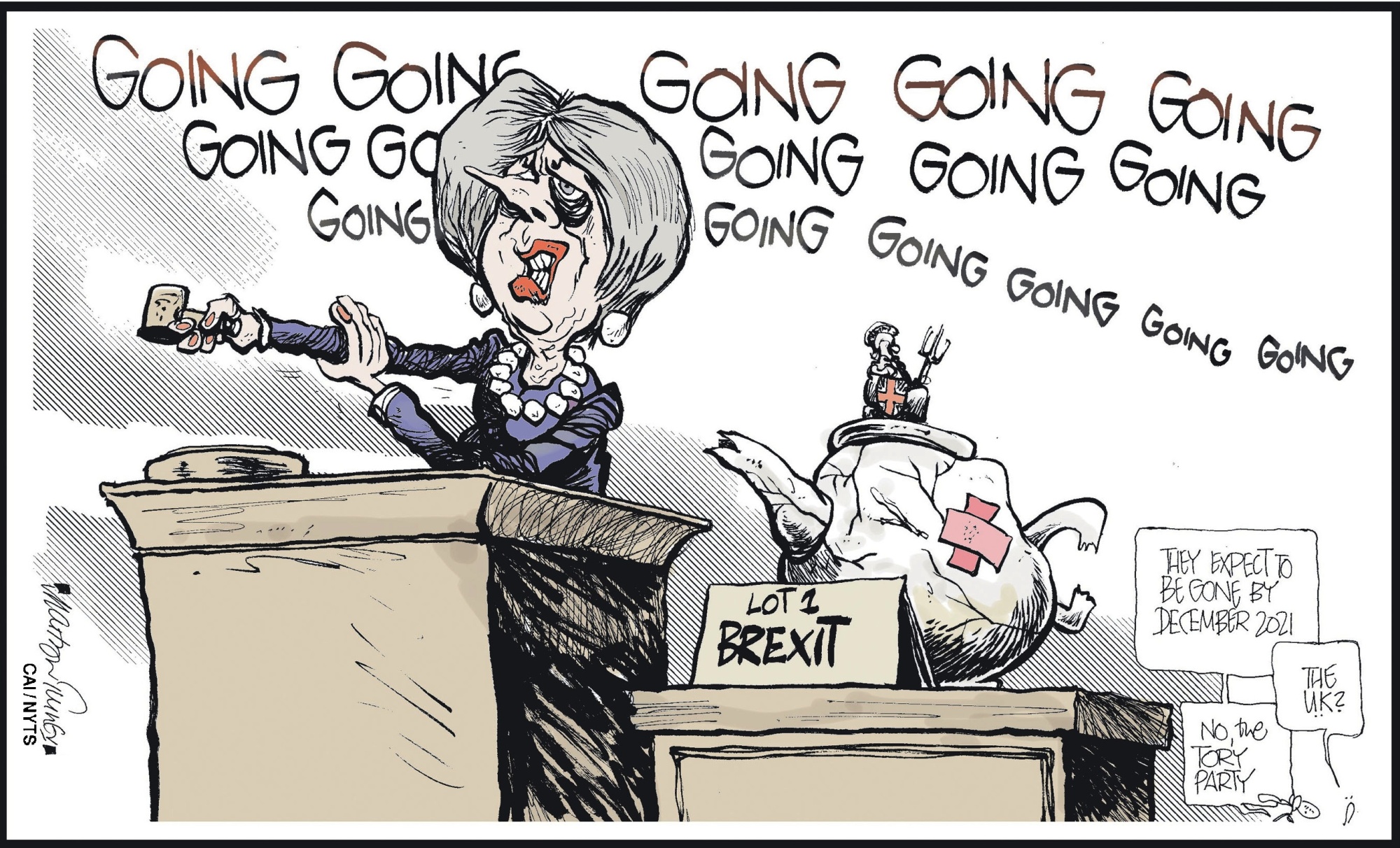Nowadays, Britain's words and actions on the world stage are so at odds with its values that one must wonder what has happened to the country. Since the June 2016 Brexit referendum, British foreign policy seems to have all but collapsed — and even to have disowned its past and its governing ideas.
Worse, this has coincided with the emergence of U.S. President Donald Trump's erratic administration, which is pursuing goals that are completely detached from those of Britain — and of Europe generally. Trump's abandonment of the Iran nuclear deal, combined with Russian President Vladimir Putin's increasing belligerence and Chinese President Xi Jinping's growing ambitions, indicates that the world is entering an evermore confrontational and dangerous phase.
Trump's evident lack of personal chemistry with British Prime Minister Theresa May — and the Anglophobia of his new national security adviser, John Bolton — ensured that this was never going to be the best of times for the United Kingdom. But it also doesn't help that generations of British foreign policy hands have regarded themselves as ancient Greeks to America's Rome. To a Brit like myself, this analogy always seemed too confident. Having lived in America, I suspected that U.S. leaders did not heed the advice of British diplomats nearly as much as those diplomats liked to think.

















With your current subscription plan you can comment on stories. However, before writing your first comment, please create a display name in the Profile section of your subscriber account page.